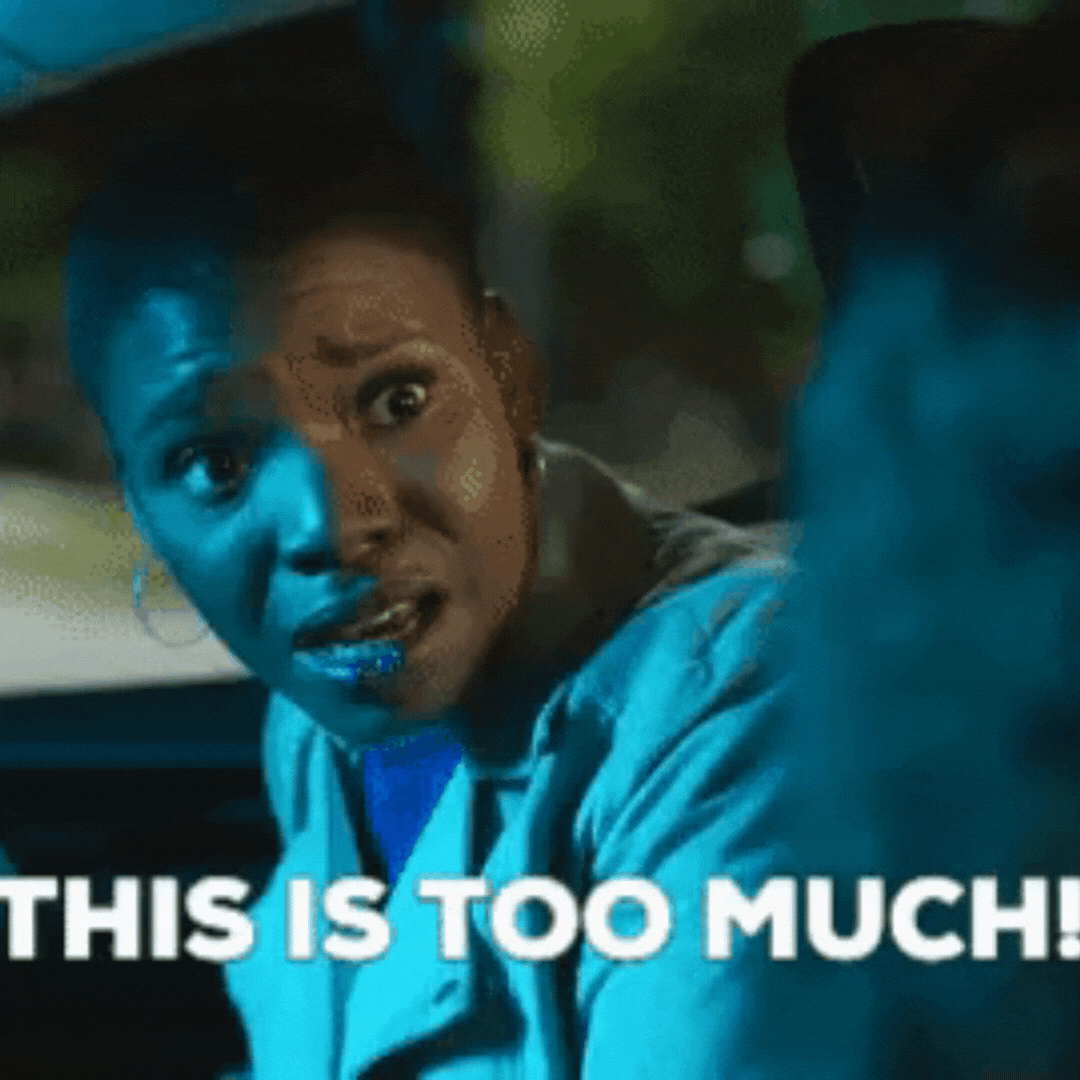Overloaded and Overwhelmed
Apr 27, 2023Let me start by saying that I am a huge nerd. I love data and knowledge, always have, and always will. I get sucked into research like others into the latest season of The Bachelor. Losing track of time while going down the rabbit hole of an interesting topic is a regular occurrence. My clients know that, so no week goes by without them asking my opinion about the newest podcasts, articles, wearable devices, or other information they heard about somewhere. And I love it, but recently, I started feeling overwhelmed with the available data. Because I like to try things out, I used an Oura ring for a while. For those unfamiliar with it, it's a stylish ring you can wear that was initially designed to give you insight into your sleep and rest. I initially enjoyed the data. It was different. But then I realized that I sometimes would wake up feeling refreshed, and when I looked at my sleep data, it told me that my sleep was terrible. I started feeling wrong about my own analysis. I started waiting for my data in the morning to decide whether I slept well. I was overriding my signals and feelings about my own body!!!! At that point, I decided I had enough. I broke up with my ring and took it off. I reached a point of too much data. Words I never thought I would utter. Considering that 90% of women that reach out to me report being utterly confused and frustrated by all the contradicting information about menopause, I feel that you may probably also be experiencing an information overload.

In today's digital age, we are generating more data than before. From social media posts to online purchases, our every move is tracked and recorded. While having access to vast amounts of data can be beneficial in some ways, my concern about having too much data is growing. It can be harmful. Just because you can have more data doesn't mean it is usable. Some people will simultaneously wear the Oura ring, an Apple watch, and a glucose monitor. How much data do you need? And more importantly, what do you do with that data?

One of the main problems with having too much data is that it can be overwhelming. With so much information available, knowing where to start and what to focus on can be difficult. This can lead to what is known as analysis paralysis, where you become so overwhelmed by the data that you cannot make any decisions. And the question I like to ask arises, "Do you need the data to make a decision?" We are slowly but surely rendering our own opinion useless by completely trusting in devices and the data they give us. That was my experience with the Oura ring. Another problem with too much data is that it can be misleading. When presented with a lot of data, it is easy to draw conclusions that are not accurate. This is because data can be manipulated and presented in a way that supports a particular agenda or viewpoint. Snake oil alert! With menopause projected to be a $60 billion market in the next few years, get ready to be inundated.
After my breakup with wearable technology, I also slowly started consuming fewer podcasts and research articles and focusing more on letting my brain rest and play. I can't lie, I still struggle with disconnecting completely, but these steps have helped get me closer.
Do you feel overwhelmed by all the information and data available? I'd love to hear about your experience. You can email me at [email protected]



